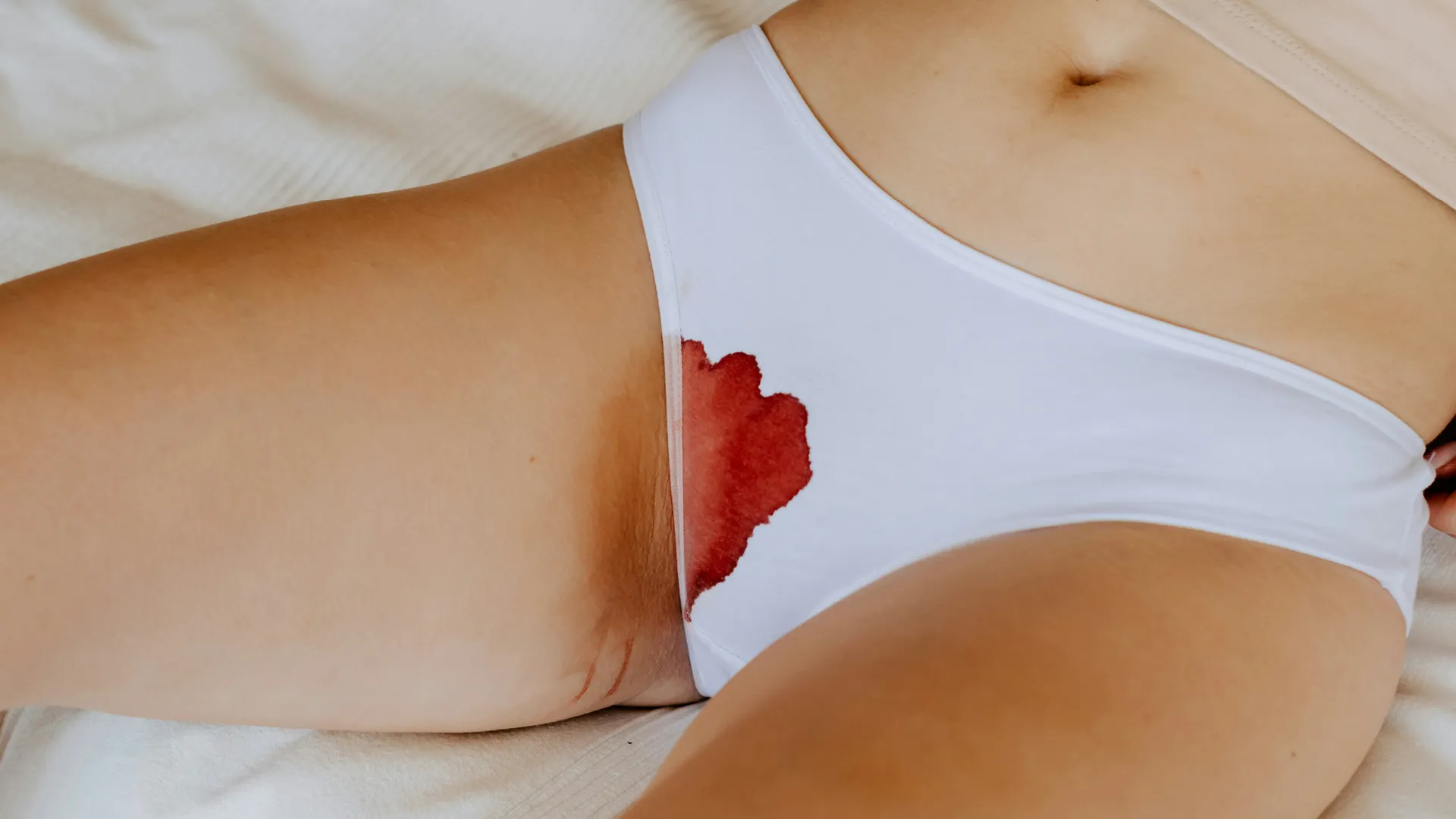Aug 03, 2025
YOUR FIRST PERIOD AFTER IUD REMOVAL: WHAT TO EXPECT AND WHEN TO SEEK HELP
Saying goodbye to your IUD marks the beginning of a journey back to your body's natural rhythms. Whether you're planning for pregnancy, exploring new contraceptive options, or simply reached the end of your IUD's lifespan, this transition invites you to reconnect with your cycle in meaningful ways.
As your body shifts from being under the influence of either hormones or a copper device, you'll notice changes that might feel both familiar and new. Let's explore this transition, from when to expect your first post-IUD period to how your flow might change, and importantly, how to honour this reconnection with your body's wisdom.
When Will Your Natural Flow Return?
Your body has its own timeline for healing and adjusting after IUD removal. Trust that your cycle will find its way back, though the journey varies depending on your unique body and the type of IUD you've been using.
- After a Hormonal IUD (Mirena, Kyleena): With hormonal IUDs, your body needs time to remember its natural hormonal dance. Most people have their first period within 4-8 weeks after removal, though everyone's timeline is different. Some notice bleeding within days, while others might wait up to 3 months before their period makes its return.
- After a Copper IUD: Since copper IUDs work without hormones, your body has likely maintained its monthly rhythm all along. Many women find their period returns right on schedule, like clockwork, as if simply continuing a conversation that was never really interrupted.
A gentle reminder: Your fertility may return immediately after IUD removal. If pregnancy isn't in your current plans, consider alternative contraception right away rather than waiting for your first period.
Embracing the Changes in Your Flow
Your first few post-IUD periods are like getting reacquainted with an old friend who's changed a bit while you were apart. These changes aren't signs that something's wrong - they're simply part of your body's journey back to its natural state.
After a hormonal IUD, you might notice your flow becomes more generous than you remember from your IUD days. This fuller flow is your body’s return to natural hormone cycling, embracing the ebb and flow that makes your cycle uniquely yours.
If you've removed a copper IUD, you might experience the opposite - a lighter, shorter period as your uterine lining adjusts to life without the device. Many people welcome this change after experiencing heavier periods with copper IUDs.
Duration: Your Body Sets the Pace
Your periods might be longer or shorter than before as your body recalibrates. Those who barely noticed periods with hormonal IUDs often experience a fuller expression of their cycle initially. Meanwhile, those who lived with extended bleeding with copper IUDs often enjoy more condensed periods after removal.
Reconnecting With Cyclical Sensations
As your natural hormone patterns reemerge, you might notice:
- Cramps that feel more present, especially after hormonal IUD removal
- The return of premenstrual symptoms like mood shifts, breast tenderness, and that characteristic monthly bloat
- A cycle that takes a few months to find its unique rhythm and predictable pattern
The Emotional Journey Back to Your Cycle
Beyond the physical changes, removing an IUD often sparks emotional and psychological shifts that are equally worthy of your attention. You might feel:
- A sense of relief if your IUD caused discomfort or unwelcome side effects
- Some anxiety about fertility returning, whether trying to conceive or not
- A profound reconnection with your body's natural wisdom and rhythms
These feelings are all valuable parts of your transition. Approach them with the same tenderness you'd offer a friend - this is a time for extra self-compassion as you navigate this change.
Preparing for Your Reunion with Your Period
Since your first post-IUD period arrives with its own timeline and personality, being prepared allows you to welcome it with confidence:
- Create Your Period Sanctuary: Stock your bathroom with a variety of period care options that align with your values. Our 100% ACO certified organic cotton tampons, and our hypoallergenic and breathable pads made with organic cotton, provide conscious and trustworthy protection. You could also explore our period underwear for effortless protection that adapts to your changing flow.
- Listen to Your Body: Begin noticing subtle changes in your energy, mood, and physical sensations - these clues can help you anticipate when your period might arrive and what your body needs throughout your cycle.
- Embrace Comfort Rituals: Have your favourite pain relief methods ready, whether that's a heat pack for cramps, gentle movement practices, or herbal teas that soothe and nourish.
- Nourish Your Transition: Hydration and nutrient-rich foods support your hormonal balance during this adjustment period. Consider incorporating iron-rich foods if you experience a heavier flow than before.
- Honour Your Energy Fluctuations: Plan for some extra rest during your first post-IUD period, allowing yourself permission to slow down and honour your body's needs, especially if you experience a heavier flow or stronger sensations than you're used to.
When to Reach Out for Support
While variations in your cycle after IUD removal are expected and normal, certain experiences signal that your body needs professional attention.
Seek immediate care if you experience:
- Severe abdominal pain that persists despite rest and over-the-counter pain relief
- Extremely heavy bleeding (soaking through a pad or tampon hourly for several consecutive hours)
- Blood clots larger than a 50-cent coin
- Signs of infection such as fever, unusual discharge, or concerning odours
- Dizziness, lightheadedness, or shortness of breath
Connect with your GP or healthcare professional if:
- Your period hasn't returned within 3 months after hormonal IUD removal (unless you're breastfeeding or approaching menopause)
- Your periods remain highly irregular after 3-4 cycles
- You notice concerning symptoms that differ significantly from your pre-IUD patterns
- You've been trying to conceive without success after 6-12 months (depending on your age)
Celebrating Your Body's Natural Wisdom
Your monthly cycle is so much more than a reproductive function, it's a sophisticated symphony of hormones that influences your energy, mood, skin health, sleep patterns, and more. By tuning into these cyclical changes, you develop a deeper understanding of your body's changing needs throughout the month.
Remember that your body has been adapting to your IUD for months or years. Just as it took time to adjust to the device's presence, it deserves patience as it readjusts to its absence. This transition period is an invitation to practice radical self-compassion and body literacy.
Your experience after IUD removal is uniquely yours, influenced by your age, overall health, reproductive history, and how long your IUD was in place. By staying attentive to your body's signals and maintaining open dialogue with your healthcare provider, you can navigate this transition with confidence - whether you're exploring new contraceptive options, trying to conceive, or simply embracing your natural cycle in all its wisdom.
Anything else? Essity Australasia makes no warranties or representations regarding the completeness or accuracy of the information. This information should be used only as a guide and should not be relied upon as a substitute for professional, medical or other health professional advice.
Blogs
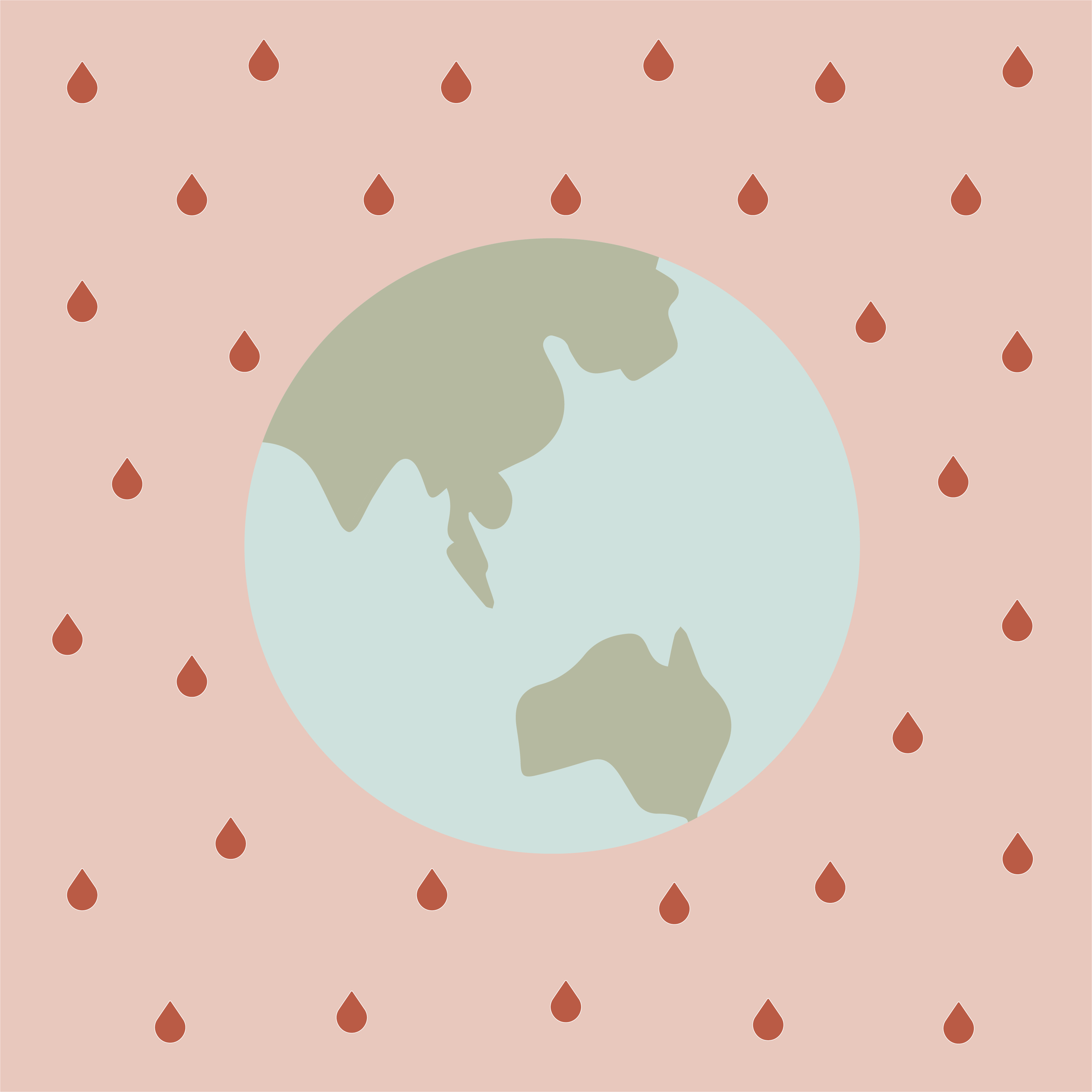
Jun 08, 2022
EXPLORING PERIOD CARE IN CULTURES AROUND THE WORLD
Our TOM Talks panelist Sabina McKenna explores how different cultures around the world approach period care.
Read More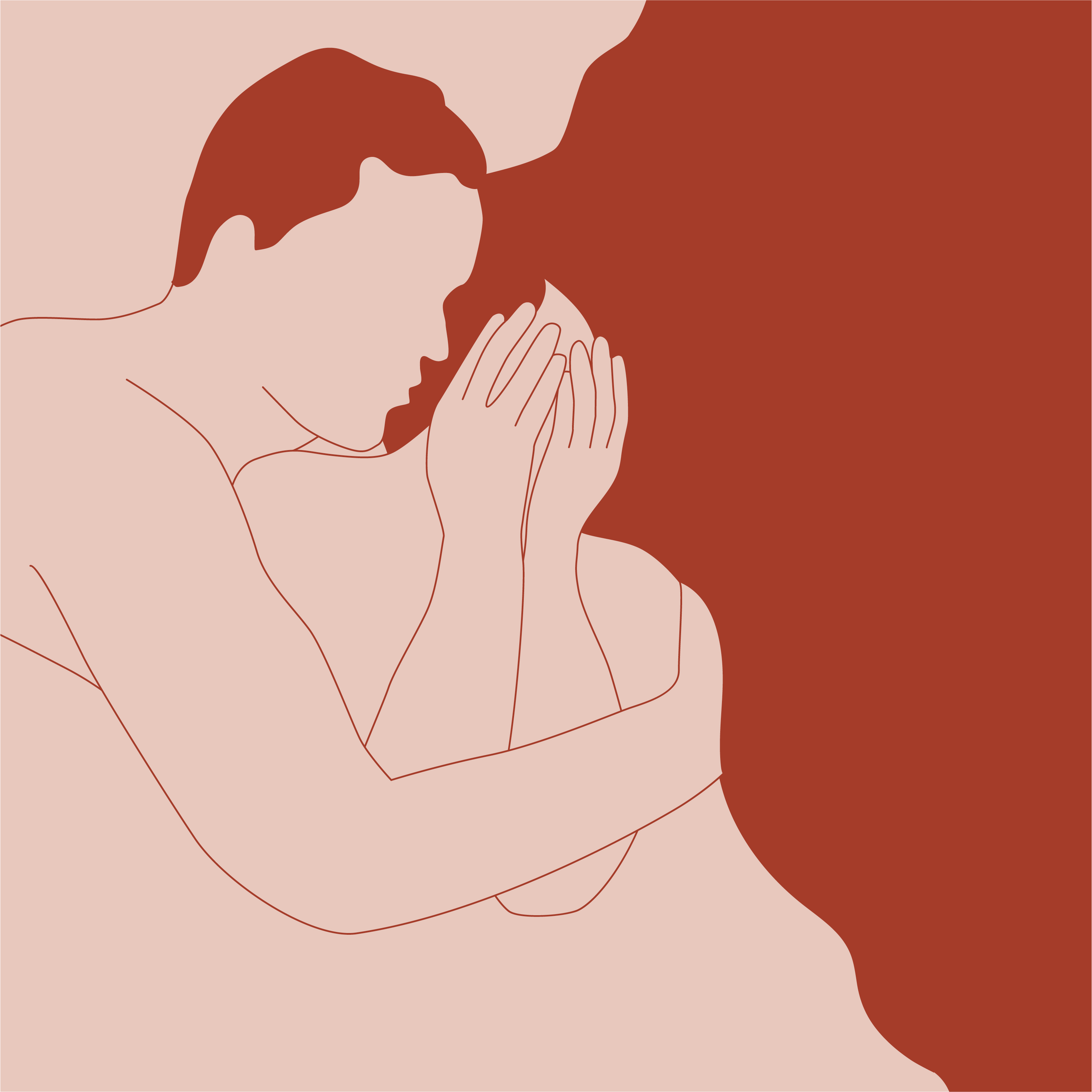
Jun 08, 2022
STOP APOLOGISING FOR HAVING YOUR PERIOD
Our TOM Talks panelist Mel Mason talks about the importance of not apologising for having your period.
Read More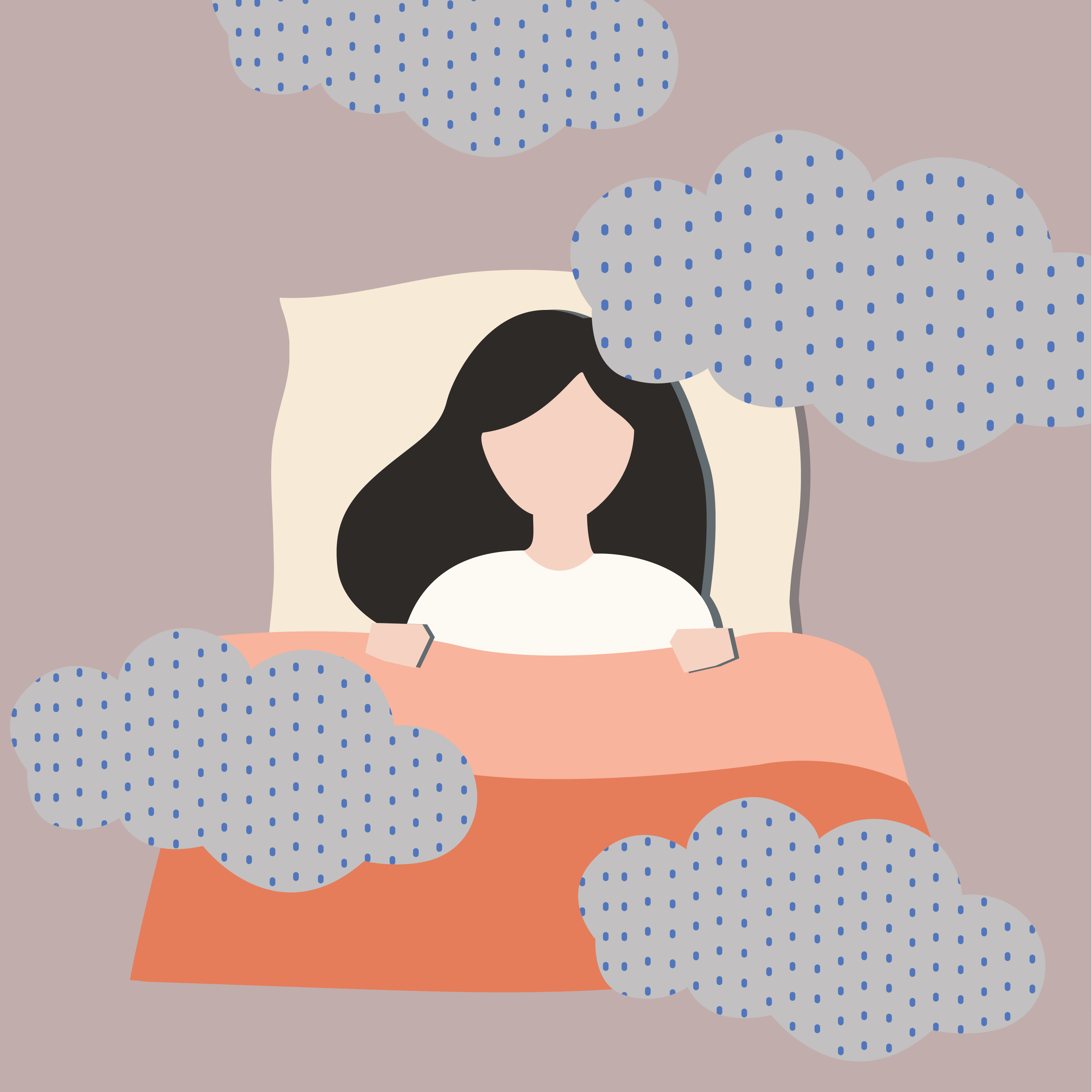
Jun 07, 2022
STRESSED? NOT SLEEPING? TRYING TO CONCEIVE?
TOM Talk's panelist Georgia Hartmann discussed the links between stress, sleep and fertility.
Read More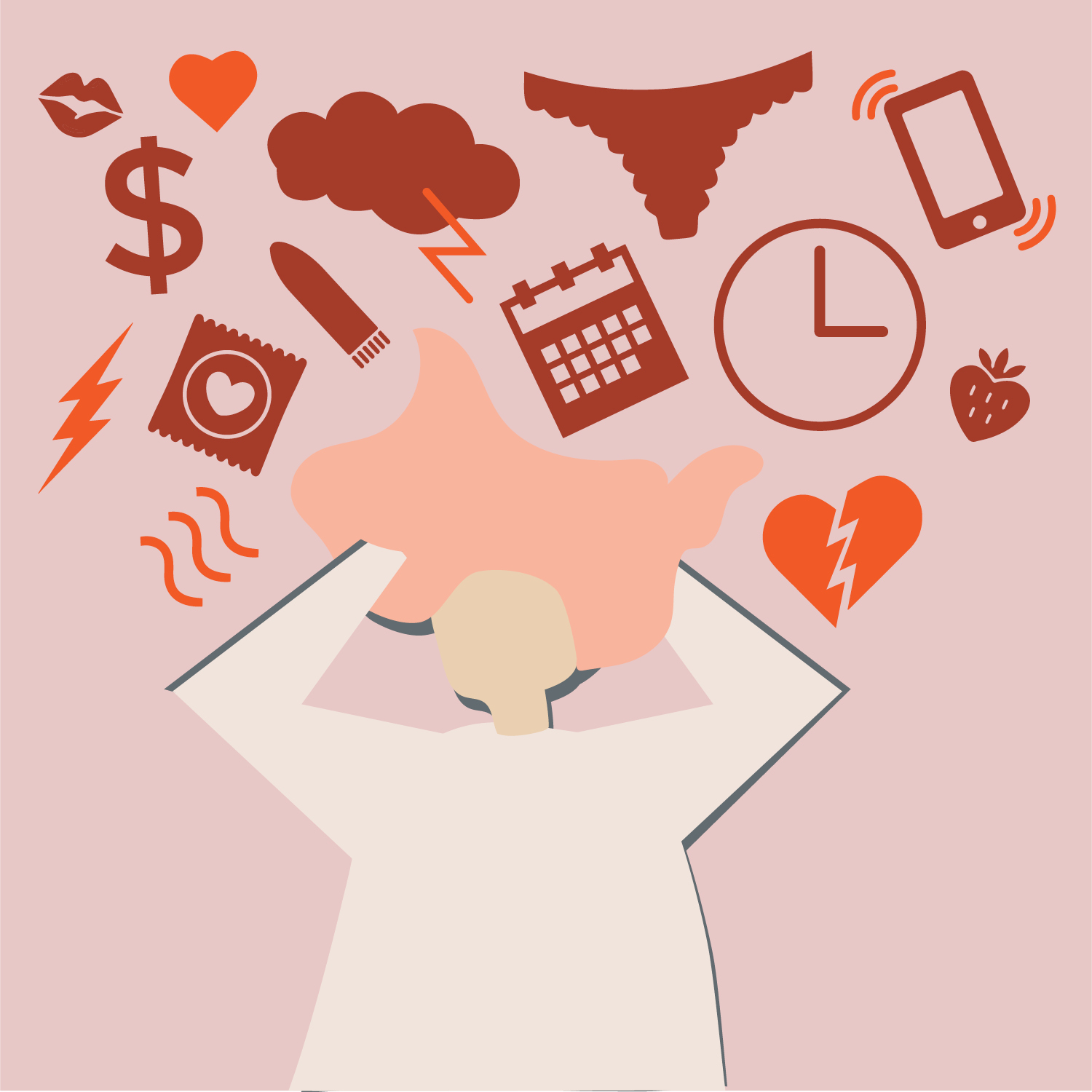
Jun 07, 2022
STRESS AND HOW IT AFFECTS YOUR SEX DRIVE
Certified sex coach Georgia Grace is here to unpack the link between stress and sex.
Read More
